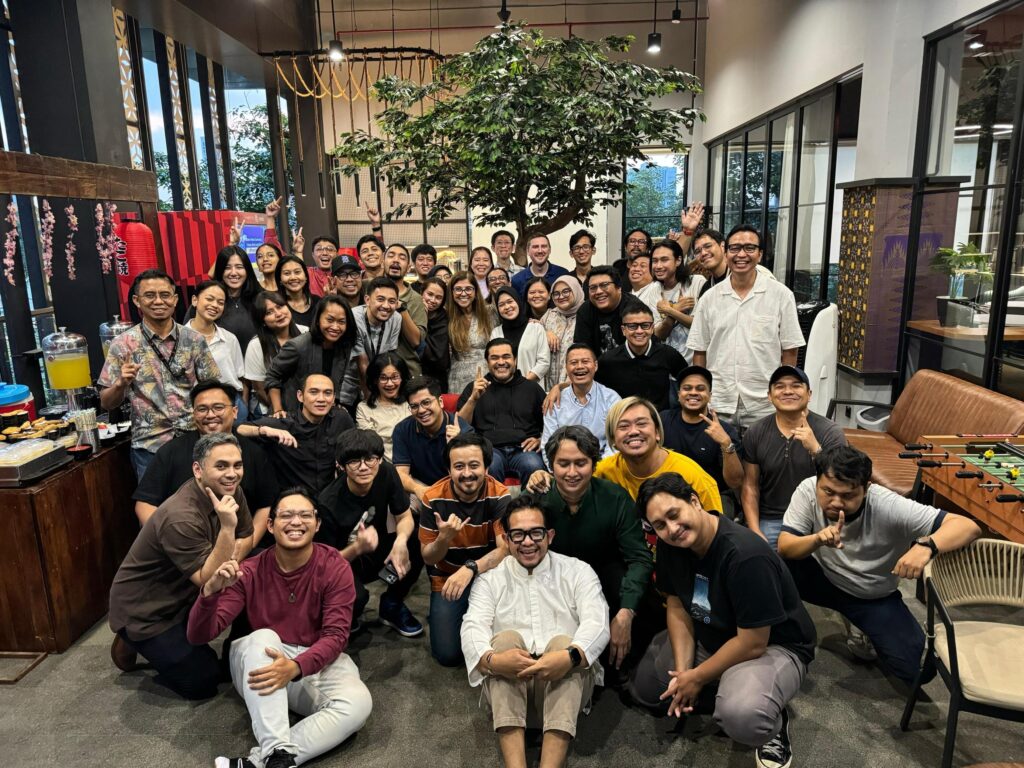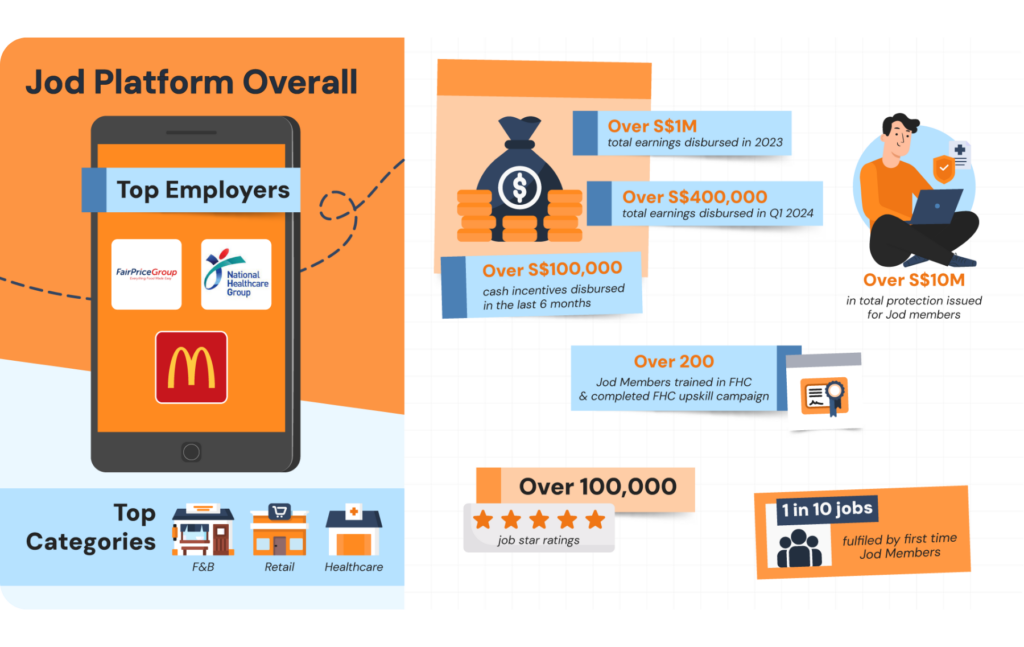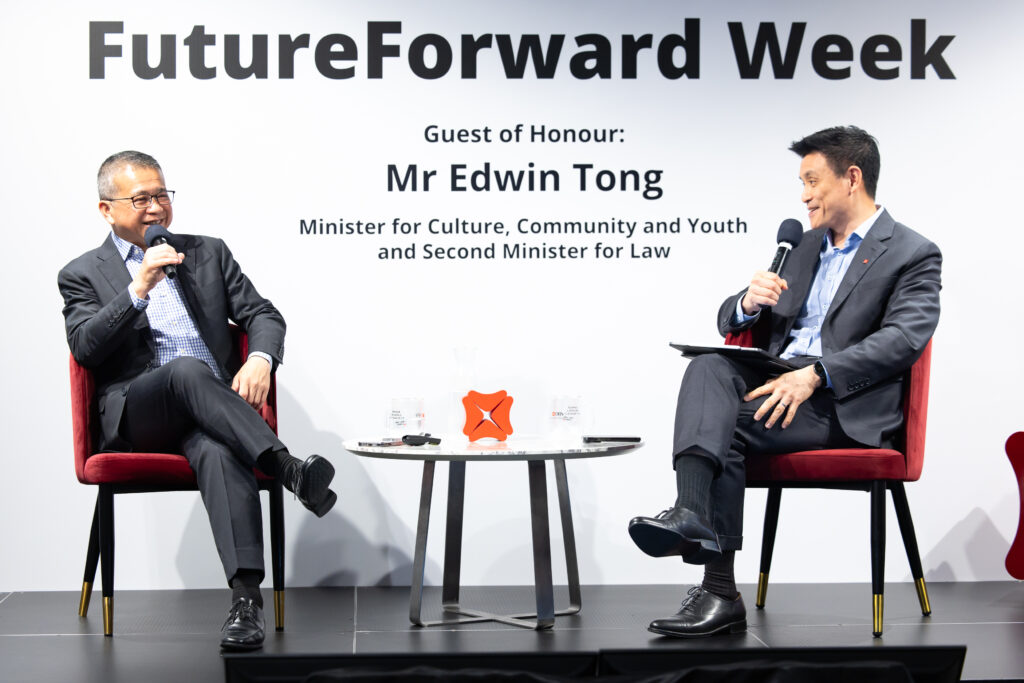How organisations can keep their best talent from leaving Malaysia

Dr Murugappan, CHRO of Malaysia’s MCMC, highlights ways to elevate employees’ earning and bridge existing skills gaps.
Reframing generational stereotypes to foster a supportive workplace

Multigenerational workforce strategist Rachele Focardi shares key tips for organisations to better understand generational nuances in their workforce.
Pioneering flexibility and compliance in the evolving Asian workforce

Dayforce is continuing to demonstrate how it is making work life better for organisations in Asia through their people and technology.
Embracing transparency and authenticity in salary discussions

Salary transparency in job postings and interviews fosters trust and attracts diverse talent, advises Kishen Anker, People Partner at YouGov.
Why organisations need to think beyond money to retain talent

With stagnant budgets, more organisations in the Philippines are now looking beyond financial remuneration to attract and retain talent.
2 Cents: The mental health imperative in performance

Organisations that prioritise employee wellbeing can unlock higher productivity and foster a resilient workforce.
How a cultural evolution is driving SingPost’s digital success

While many organisations focus on digital innovation, Singapore Post prioritises employee wellbeing and upskilling in its transformation.
Mental health matters – It’s time to normalise mental health awareness

Bloomberg is implementing proactive strategies to enhance mental health support and normalise workplace wellbeing.
How Sony Music is reimagining performance management

Sony Music Entertainment is evolving performance management with continuous feedback that aligns employee goals with strategic objectives.
Why it might not be the time to take up that job promotion

While not completely without its merits, ‘dry promotions’ add extra responsibilities onto employees, without a corresponding increase in pay.
Balancing the human touch with digital transformation

Amidst Singapore’s high turnover and flexible work mandates, HR Path’s Lee Teck Seng highlights the importance of adaptability and GenAI.
Singapore’s parental leave policies foster a family-friendly workforce

Singapore’s enhanced parental leave policies aim to support working parents while encouraging greater father involvement.
Rethinking talent and compensation in a shifting economic landscape

Workplaces have redefined employee wellness and flexibility while challenging traditional compensation models, writes Carta’s Bhavik Vashi.
Singapore unveils expanded parental leave and jobseeker support scheme

Prime Minister Lawrence Wong announced new policies including 10 weeks of shared parental leave and financial aid for displaced employees.
Women’s wages surge in Australia as gender pay gap narrows

Australia’s gender pay gap has dropped to an all-time low of 11.5% with women’s weekly earnings rising significantly since 2022.
Gushcloud swipes right on employee benefits

Gushcloud partners with Tinder to offer employees in South-East Asia company-sponsored subscriptions and Tinder Leave for enhanced social wellbeing.
Singapore’s wage council begins talks on 2024-25 pay guidelines

Despite modest wage growth and inflation, Singapore’s real wages rose by 0.4% in 2022 and 2023, with further increases expected.
Hybrid work models and higher pay reshape Singapore’s gig economy

Singapore’s gig economy is booming, with a 50% surge in job applications and rising earnings in the healthcare and hospitality sectors.
DBS reinforces commitment to innovation and employee growth

Bridging divides, maintaining competitiveness, and fostering meaningful employee engagement remain key focus points for DBS.
Performance management: From annual ritual to ongoing dialogue

Mounting evidence suggests that traditional performance reviews are ineffective, prompting a search for new performance management strategies.
More fathers in Japan encouraged to take paternity leave

Japan’s paternity leave rate jumps to a record 30%, fuelled by government mandates and a growing desire for work-life balance among young employees.
Are your female employees suffering from ‘productivity anxiety’?

One way organisations can empower female employees to thrive is to make employee recognition an organisational practice.
Employees in Singapore growing increasingly unhappy with jobs

Employees in Singapore prioritise long-term career satisfaction over high salaries yet face significant job-skills mismatches.
Wage growth in Malaysia accelerates amidst economic expansion

Malaysia’s median wage surged to RM2,844 in March, reflecting labour market improvements, despite persistent gender wage disparities.
Support financially healthy employees by bridging priorities disconnect

Improving the financial wellbeing of employees can increase productivity and help organisations retain their best talent.
Why Greece’s six-day workweek initiative is unlikely to gain traction

Greece’s new six-day workweek regulation is being driven by local conditions and is unlikely to be sustainable over the long term.
MEF disputes global index score on work-life balance

More organisations in Malaysia have actually started offering more policies that offer employees better work-life balance.
Wage hike in the Philippines will displace up to 140,000 employees

Despite this, they will still be able to find new jobs due to a robust job economy, according to the Socioeconomic Planning Secretary.
The retention equation: What makes employees stay?

Work-life balance and flexible arrangements are some of the top retention drivers today—share what matters most to you in HRM Asia’s poll.
Financial stress affecting job performance, AKPK report reveals

Financial stress affects 26% of employees in Malaysia, with 65% reporting reduced job performance and an impact on employee loyalty.
